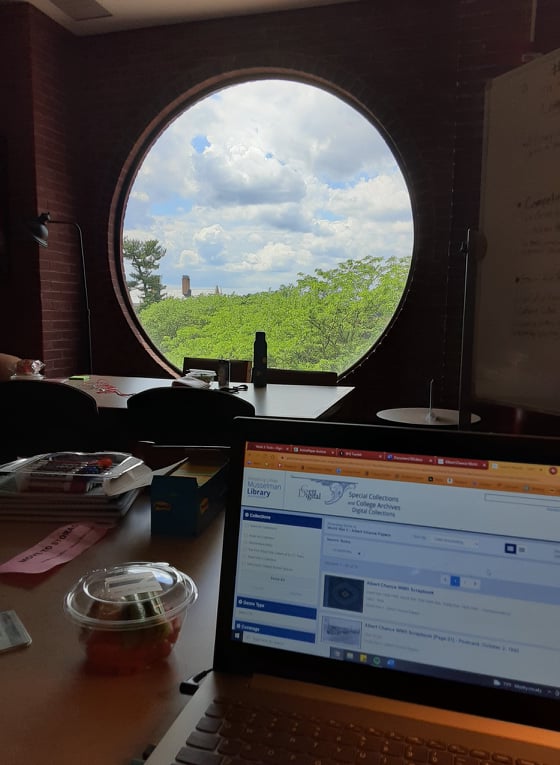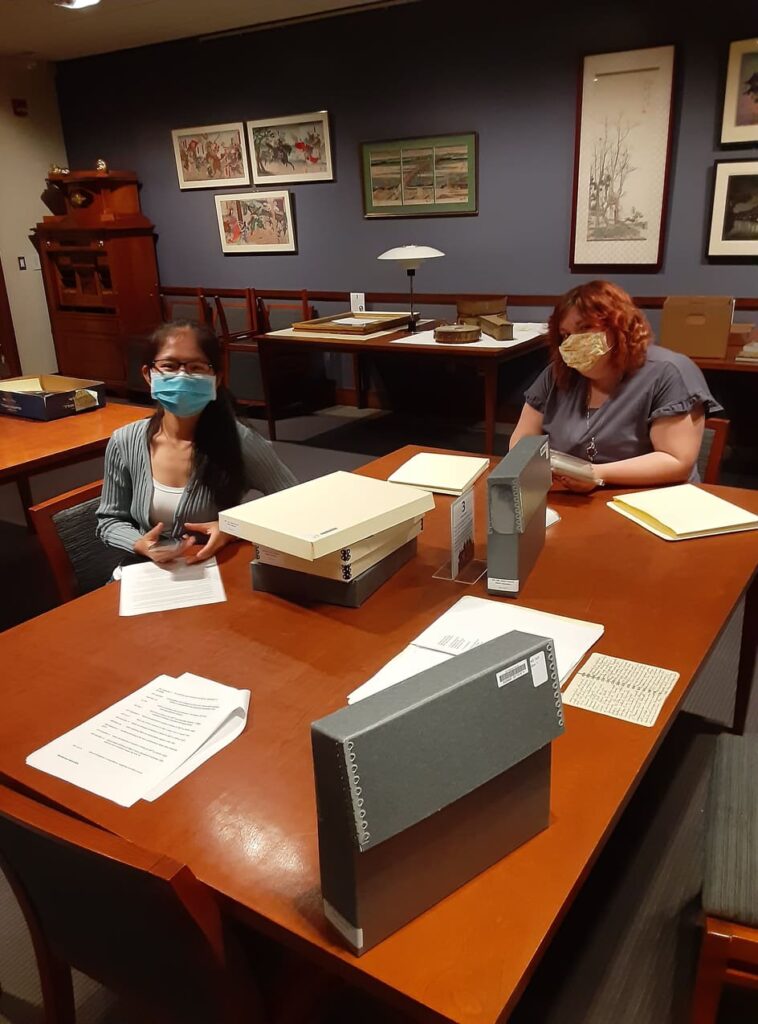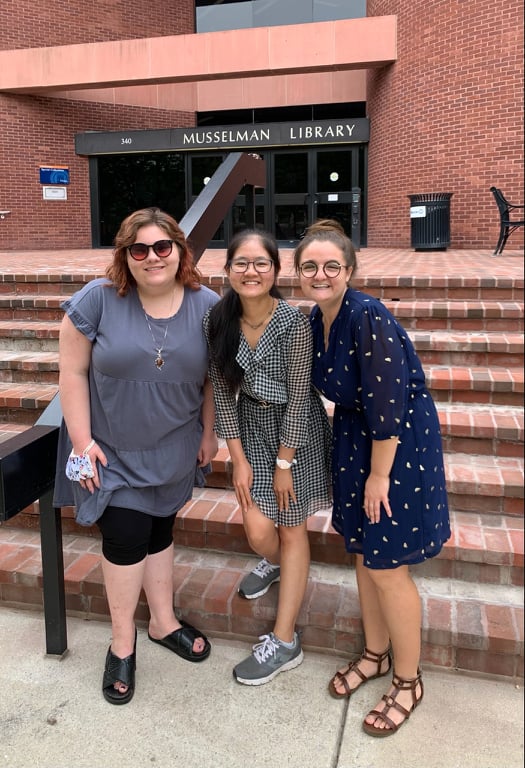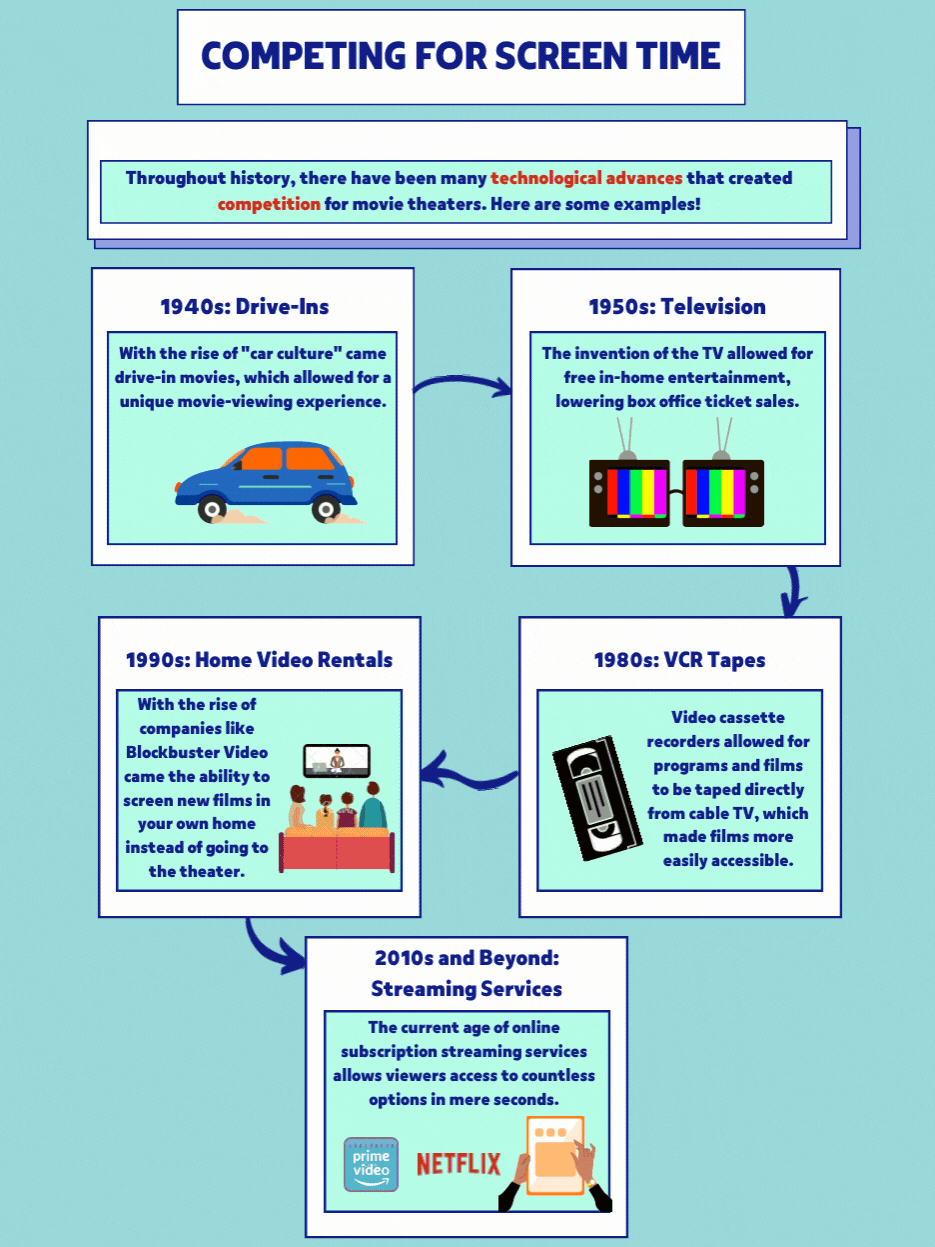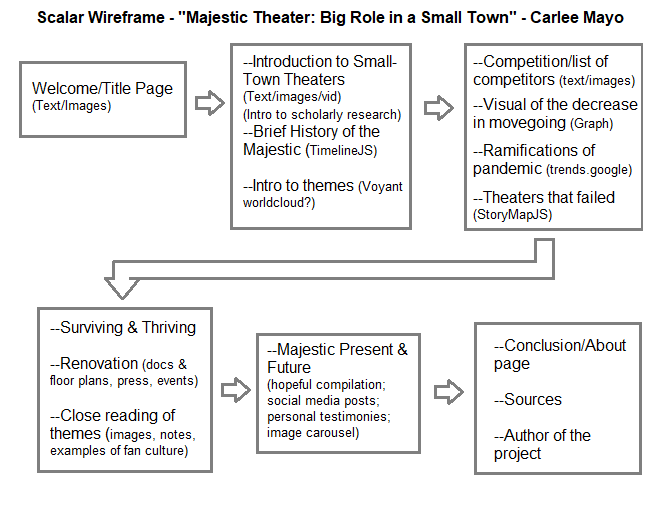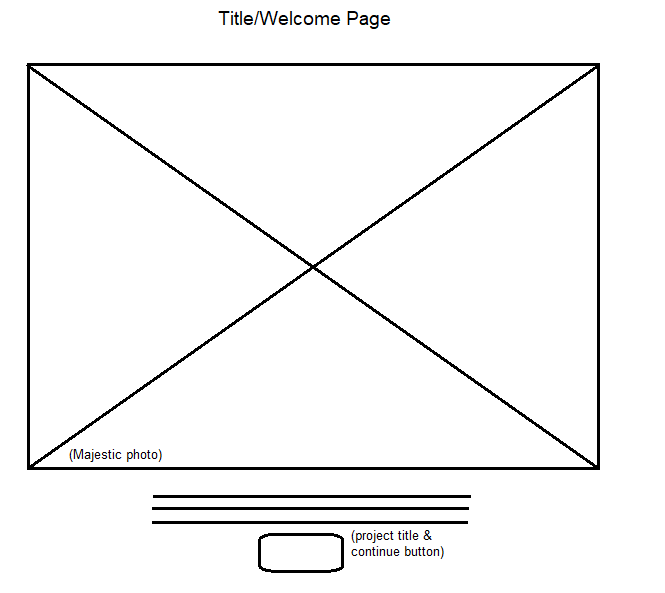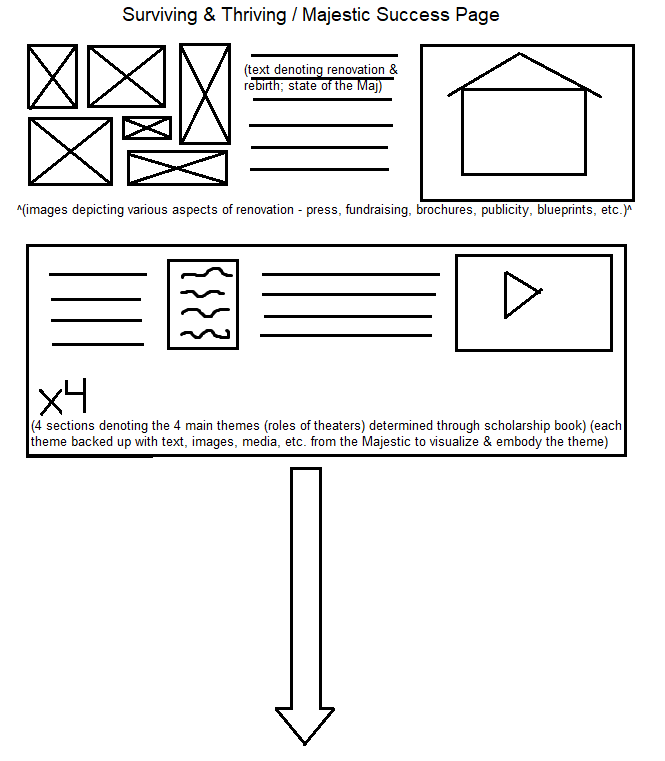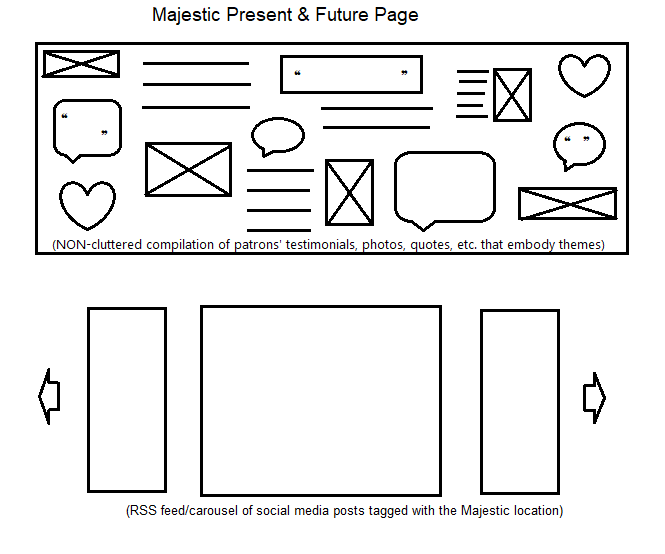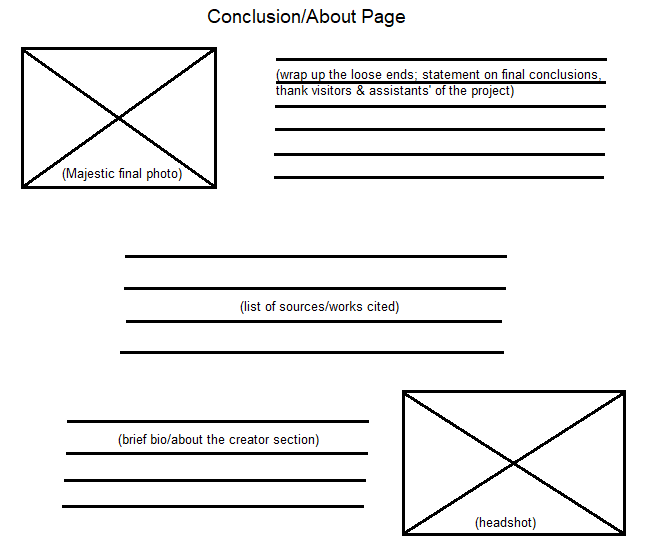Sitting down to write this post is bringing on a lot of emotions; eight weeks of this program don’t feel like enough, now that we’ve reached the end. I can’t even begin to express my gratitude for DSSF and this opportunity, and to explain how much fun this learning experience has been.
At the beginning of this project, we all wrote a blog post explaining our definition of DH and what it meant to us. I think each member of the cohort would agree that we didn’t know what we were in for, and would also agree that our concept of DH was minimal or average at best.
Specifically, I remember writing about how the Digital Humanities are different than writing a paper: “DH gives me the power beyond merely writing a paper because of how accessible and versatile it can be. The average person finds reading a paper or essay tedious or dull – but DH changes all that. Digital Humanities can reach a larger audience, appeal to a greater group of people, and provide a more interesting and interactive method for learning and teaching.”
While I agree with eight-week-ago Carlee, I also think she didn’t have any experience in what she was talking about. Working with such a variety of people to create my final project (although “final” is just a temporary state of being) gave me an entirely new understanding of just how flexible and interactive DH can be. Additionally, the ability to give a final presentation to such a responsive and inquisitive audience on Zoom was the perfect indicator of what makes the Digital Humanities so great – the goal of my project could never have been portrayed to an audience if not for the digital tools and virtual format of the site overall.
My definition of the Digital Humanities has also shifted from one that is impersonal and passive – “The general definition of digital humanities is taking work and research already done in the humanities field, and then presenting it to your audience in digital ways. These digital resources can vary from websites and software to virtual maps, timelines, audio and video, and graphs/charts.” – to one that is vibrant, active, exciting, and personal.
Now, I know that DH means people and their passions, the exploration of interests, and the convergence of knowledge and digital tools. In a more personal way, I’ll never be able to engage with online exhibits or other examples of DH without thinking of this incredible summer and how much I managed to learn and grow.
To the Digital Scholarship Summer Fellowship committee and fellow students in our cohort, I’d like to say thank you from the bottom of my heart. Each member of our little band of DSSFers gave 110% of their time, hard work, and passion in order to make this summer a complete success – and an awful lot of fun. #DSSF21 has been an experience I will never forget!
Without further ado I’ll be signing off one final time! Thank you for reading and following along with our incredible journey this summer.
Cheers,
Carlee
